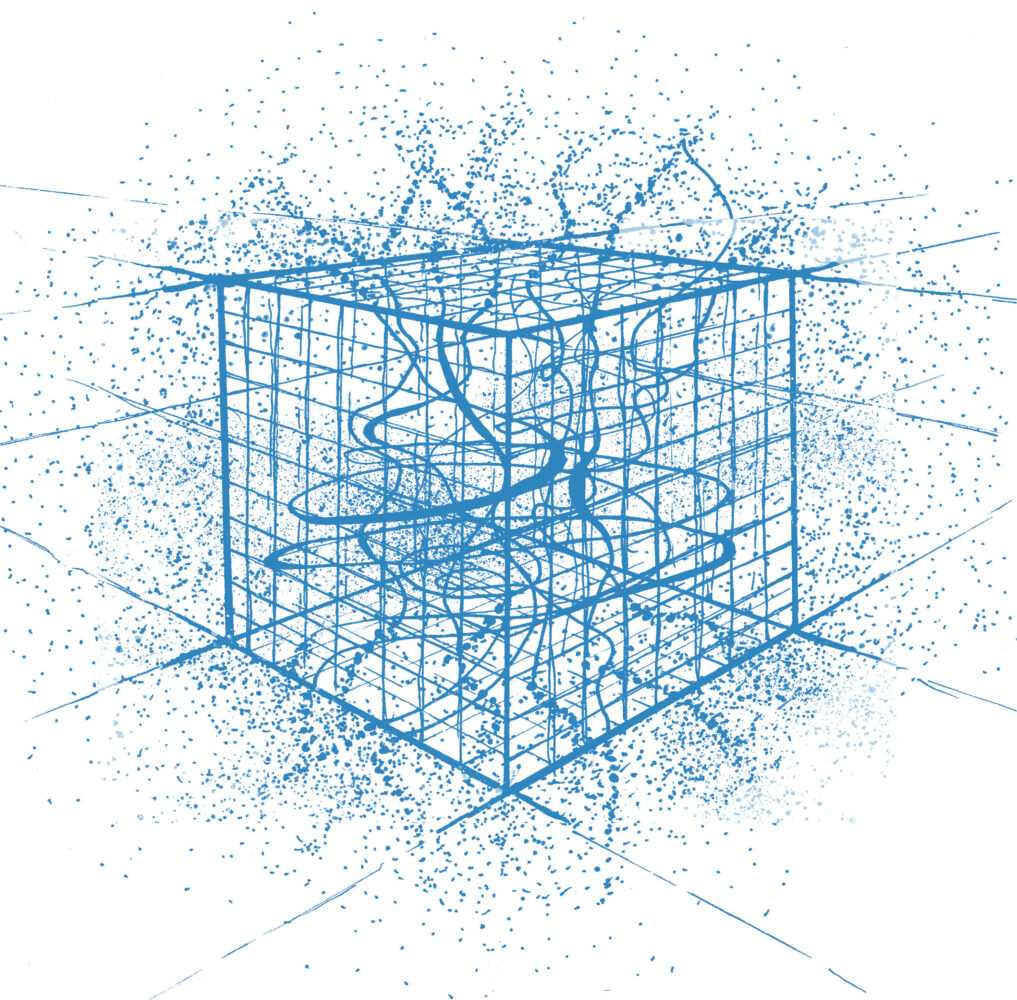Events 2023
-
Jan132023
Interdisciplinary Dialogue with with Maria Rusca & Gabriele Messori
Storylines of the future: political ecology meets climate modelling
13 January 2023, 13.15-14.45
Hybrid: IRI THESys, Rudower Chaussee 12B, room 3.25 & via ZoomIn the face of climate change and multiple interacting crises in an urbanising world, formerly unprecedented environmental extremes may soon become the norm. This will have widespread socio-economic consequences and affect the ability of different societal groups to recover from and adapt to rapidly changing environmental conditions. Yet, there is little understanding of the societal responses that environmental extremes might elicit. We attribute this to two major scientific gaps.
First, conventional probabilistic and scenario-based analyses continue to be based on a simplified understanding of societal processes and fail to provide a power sensitive account of unprecedented extremes. Second, critical social sciences adopt a retrospective approach and theory has been largely grounded on a genealogy of the present.
As a result, there has been little engagement with and theorisations of the ways in which power, differential agency, and economic visions will shape societal responses to future unprecedented environmental extremes. We argue that addressing this major scientific gap requires creating new forms of knowledge that integrate the critical and the physical, analyses of the past and future projections, as well as global quantitative data and local qualitative analyses.
To this aim, we have developed an interdisciplinary conceptual-methodological approach that seeks to generate a step change in our understanding of societal responses and resilience to future, unprecedented environmental extremes. We specifically seek to understand the extremes as social-environmental events, shaped by hydroclimatic forces and economic, political and institutional development trajectories, resulting in highly uneven outcomes. This new approach, at the nexus between social and natural sciences, has the concrete advantage of providing an impact-focused vision of future social-environmental risks, beyond what is achievable within conventional disciplinary boundaries.
We present examples for flooding in a high-income city in the western hemisphere and drought in a least-developed country city with highly uneven vulnerability levels. We see these efforts as the first building blocks of a new field of research, allowing for novel and integrated theoretical explanations and forecasting of social-environmental extremes.
With Maria Rusca (University of Manchester, Global Development Institute) and Gabriele Messori (Uppsala University, Department of Earth Science). Organized by the "Situated Modelling working group" of IRI THESys. The discussion will be moderated by Rossella Alba (IRI THESys & Geography Department).
Contact

Credits: image by Krystin Unverzagt


